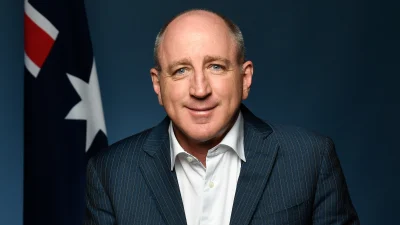Online mortgage broking a broken model?


The business models of some online mortgage broking services underestimate the work of the broker and are unsustainable in the long run, according to Vow Financial chief executive Tim Brown.
Referring to online services that operate on a fee-for-service model and rebate upfront lender commissions back to customers, he said that on face value it appeared as if the broker was earning a reasonable fee.
While brokers save time by not having to physically sit down with a customer, Brown said many of these businesses do not factor in the amount of time involved in the administration side of broking, which often blows these models out.
He used the example of Refund Home Loans, which went broke under a similar business model and was officially acquired by Homeloans Limited in June. Many of the franchisees went broke because they weren't generating enough revenue to offset their costs, he said.
Brown said that even when using the web to conduct business, mortgage broking still required a professional to work out the best solutions for the client, and follow-through on the administration calls.
"Sure, there might be some benefits and savings, but I don't think it's at a point where you can refund all of the upfront commissions," he said.
Customers often did not appreciate the amount of time a broker had to spend online to select a mortgage that was best suited to their financial needs.
"It's almost 75 per cent of a Statement of Advice," he said.
In addition, this type of model was more open to fraud, and most banks or lending institutions had pretty stringent policies for properly identifying clients.
"So in some cases this online model doesn't work for those banks, which excludes the client from getting the best deal or product," he said.
Recommended for you
As the year draws to a close, a new report has explored the key trends and areas of focus for financial advisers over the last 12 months.
Assured Support explores five tips to help financial advisers embed compliance into the heart of their business, with 2025 set to see further regulatory change.
David Sipina has been sentenced to three years under an intensive correction order for his role in the unlicensed Courtenay House financial services.
As AFSLs endeavour to meet their breach reporting obligations, a legal expert has emphasised why robust documentation will prove fruitful, particularly in the face of potential regulatory investigations.














